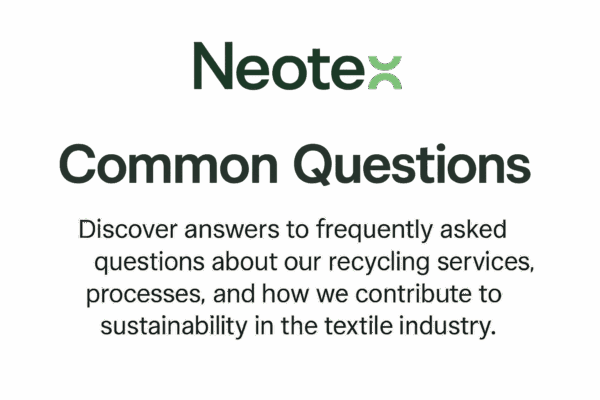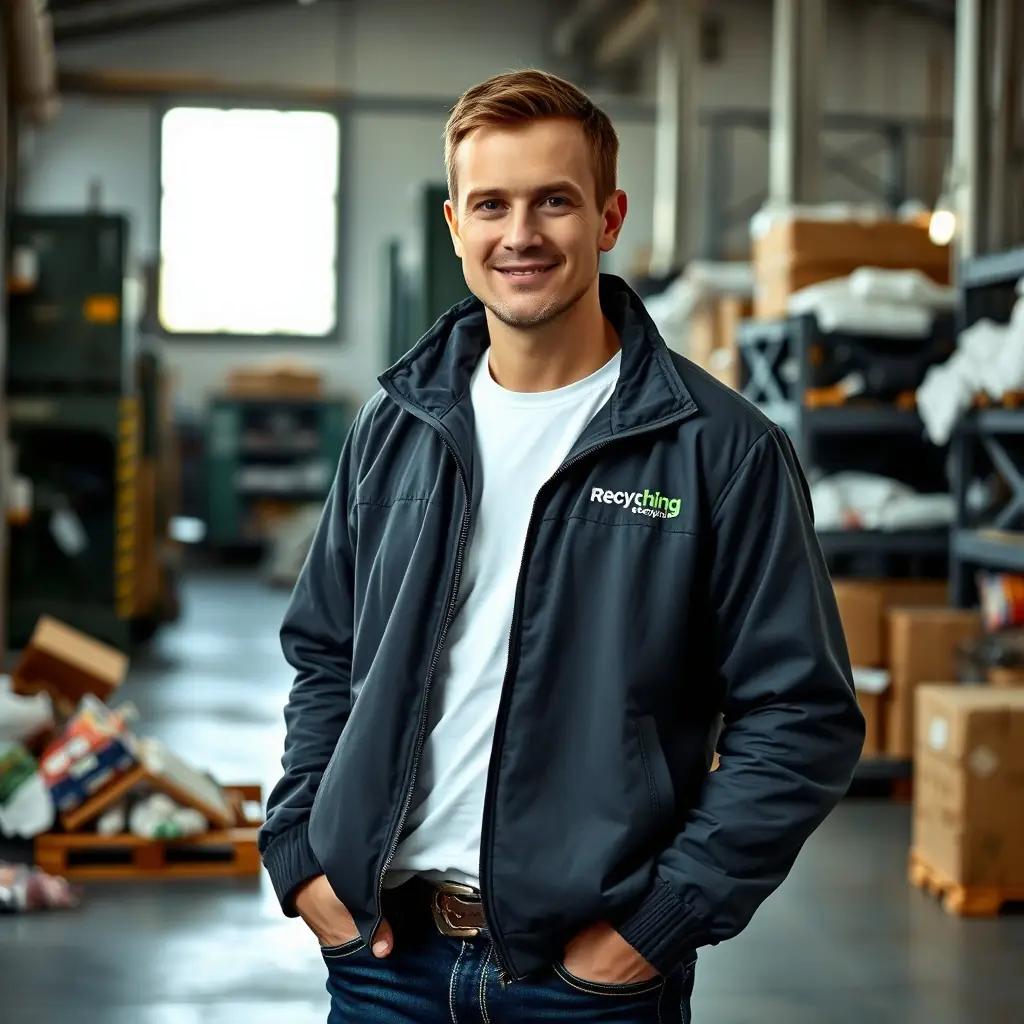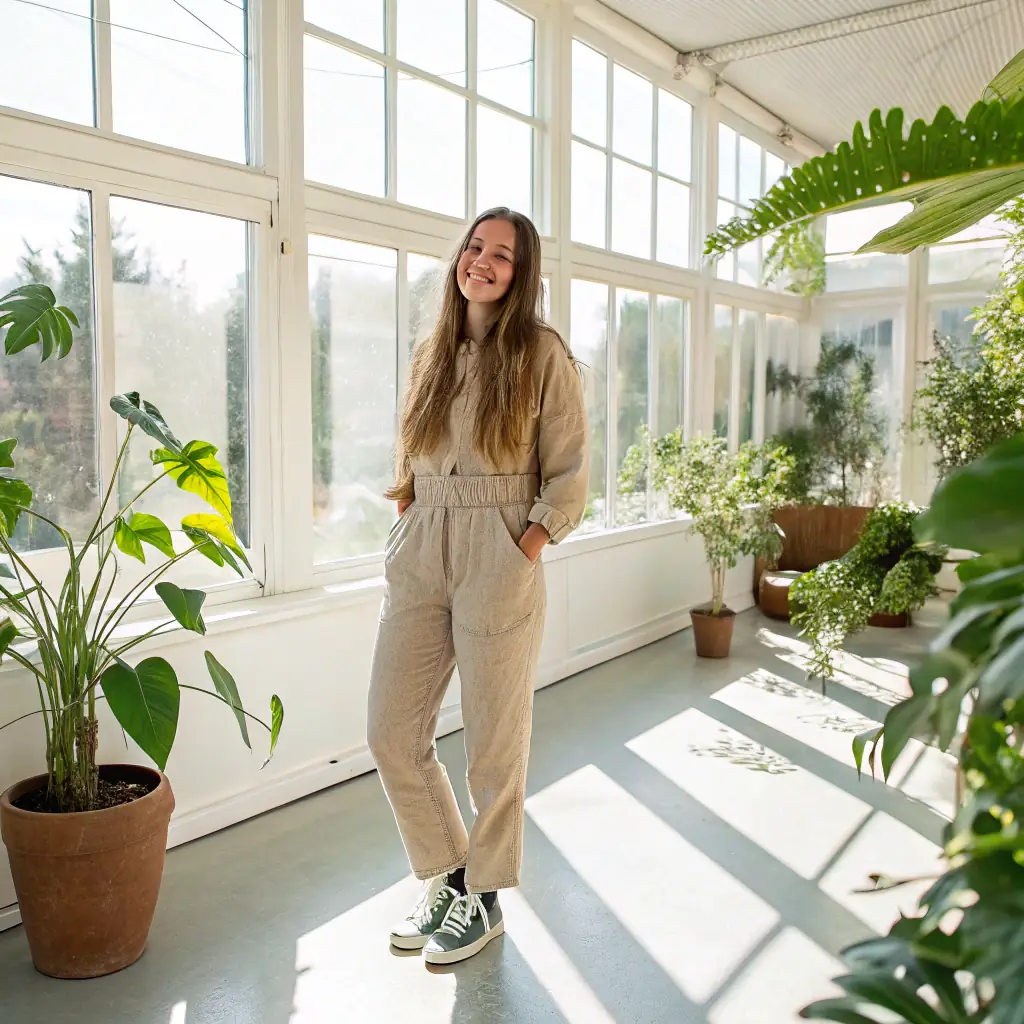Our History & Commitment
Founded in 2024, Neotex emerged as a response to the escalating crisis of textile waste. The roots of our journey trace back to Mads Ebbesen, who initially honed his skills working alongside his father, Morten Ebbesen, at Danish Textile Solution. This familial connection instilled a deep understanding of the textile industry and the pressing need for sustainable practices. Neotex has rapidly blossomed, now processing over 90 tonnes of textiles each month, thanks to our dedicated team,
Our Mission
At Neotex, our mission is to lead the textile industry in innovative recycling and reuse practices. We are committed to conserving valuable resources, reducing textile waste, and actively protecting our planet for future generations.
Our Vision
We envision a world where textiles are no longer seen as disposable commodities, but rather as valuable resources. Through our efforts, we aim to inspire a global shift towards sustainable textile practices, fostering a circular economy that benefits both society and the environment.
Our Goals
Increase textile recycling rates, reduce landfill waste, and promote sustainable practices within the fashion industry.

We accept a wide range of textiles, including clothing, linens, and other fabric materials. Our team inspects each item for reuse potential.
Our recycling process involves sorting and processing textiles to reintroduce them into new production cycles, minimizing waste and conserving resources.
At the moment, this is not possible, but we are working on a solution. We recommend that you drop off your textiles at a local recycling center or a collection bin, this way it will either be reused or later on recycled by us or one of our industry partners.
We receive textiles from a wide range of sources – including municipal collection schemes, clothing donation bins, retail partners, and industrial textile waste streams. All incoming textiles are sorted by quality and type for further processing.
Textiles are sorted into different categories depending on their condition. Usable items are sent for reuse, while damaged or worn-out textiles are prepared for recycling, either as fibres for new textile products or as raw materials for other industries.
By extending the life of textiles and reintegrating fibres into new production cycles, we help reduce the need for virgin materials, limit CO₂ emissions, and minimize waste to landfill. Our work directly supports circular economy principles and contributes to more responsible resource use.
We aim to handle as many textile types as possible. However, recycling depends on fibre content, contamination, and available recycling technologies. Natural fibres like cotton and wool are easier to process, while blended or synthetic fabrics can be more complex.
We welcome collaboration and dialogue. If you’re a potential partner, public authority, or educational institution interested in learning more, feel free to reach out. We’re happy to arrange a visit or share insights from our daily work.
Yes. We assist businesses and public organisations with circular transition strategies, sourcing of recycled materials, and compliance with new sustainability requirements within the textile sector.
Meet Our Team
Get to Know Us


Mads Agerbo Ebbesen
CEO
With over 10 years of experience in waste management, Mads leads our operations team to ensure efficient processing of textiles.



